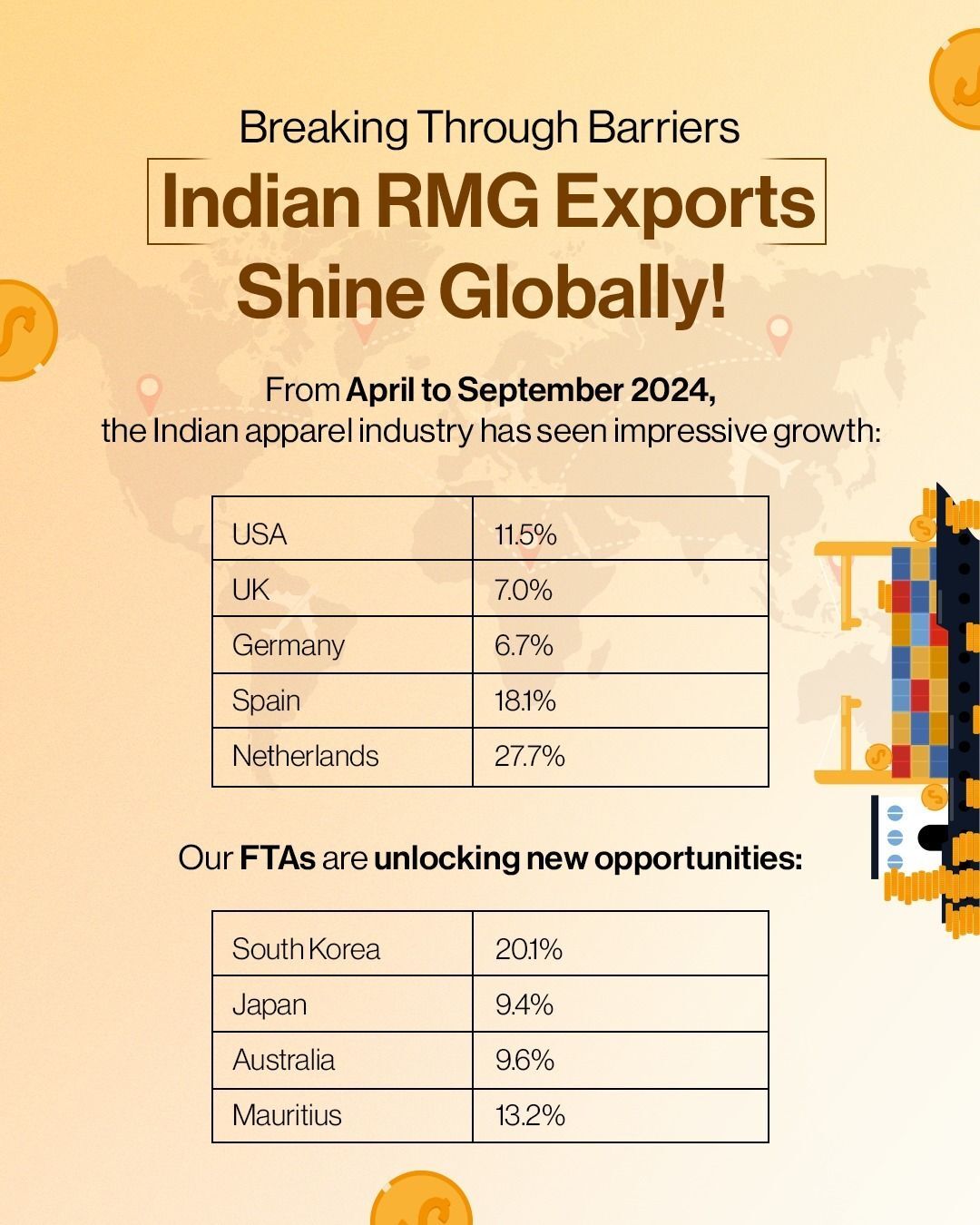
A damning new report, ‘What Fuels Fashion?’, has exposed the fashion industry's abysmal track record on climate action. The report, which analyzed 250 of the world's largest fashion brands, reveals a shocking lack of transparency and ambition in addressing the industry's significant carbon footprint. The report, a special edition of the annual ‘Fashion Transparency Index’, grades brands on their disclosure of climate and energy-related data, primarily focusing on supply chain emissions. The average score was a dismal 18 per cent, with a 13 per cent of major brands receiving a zero rating, highlighting the industry's overall failure to prioritize climate change. In fact, a staggering 32 brands scored a zero, indicating a complete absence of climate-related disclosures.
Highlights of the study
Lack of commitment to decarbonisation: Nearly a quarter of brands disclosed no information on decarbonisation, while less than half had Science-based targets covering their entire value chain.
Missing climate targets: Almost 86 per cent companies lacked a public coal phase-out target, and 94 per cent had no public renewable energy target.
Transparency gap: Most brands (89 per cent) did not disclose annual clothing production, and nearly half failed to reveal raw material emissions.
Focus on false solutions: While many brands touted sustainable materials, only a fraction disclosed their supply chain's energy sources.
Supplier burden: Despite being major emitters, 94 per cent of brands failed to disclose investment in supply chain decarbonisation, often shifting costs onto suppliers.
Worker neglect: Almost no brands engaged with workers affected by climate change, with 94 per cent lacking disclosure on such efforts.
Renewable energy advocacy failure: Only 13 per cent brands disclosed renewable energy advocacy in their supply chains, and just 2 per cent shared the outcomes.
Supply chain reliance on coal: Despite 96 per cent of fashion's emissions originating in manufacturing, only 8 per cent of brands had a renewable electricity target for their supply chain.
Just transition overlooked: The majority (96 per cent) of brands lacked a public commitment to a Just Transition strategy, with only 4 per cent disclosing efforts to support supply chain workers.
Table: Key performance indicators
|
Average Brand Score |
18% |
|
Brands with 0% Rating |
32/250 (13%) |
|
Brands with Decarbonization Disclosure |
75% |
|
Brands with Science-Based Targets (SBTs) |
47% |
|
Brands Disclosing Progress Against SBTs |
42% |
|
Brands with Public Coal Phase-Out Target |
14% |
|
Brands with Public Renewable Energy Target |
6% |
|
Brands Disclosing Annual Clothing Production |
11% |
|
Brands Disclosing Supply Chain Energy Sources |
11% |
|
Brands Investing in Supply Chain Decarbonization |
6% |
|
Brands with Public Commitment to Just Transition |
4% |
|
Brands Disclosing Renewable Energy Advocacy |
13% |
Industry experts point out, these findings are deeply concerning. The fashion industry is a major contributor to climate change, yet it's failing to take responsibility. Brands must prioritize decarbonisation, invest in supply chain sustainability, and support workers affected by the crisis. Some others say, the fashion industry is in a state of climate denial. This report is a wake-up call. We need urgent action to decarbonise the sector and protect both the planet and the people who make our clothes.
The report calls for increased transparency, ambitious climate targets, and fair financing for the transition to a low-carbon fashion industry. It also emphasizes the importance of including workers and communities in the decision-making process to ensure a just transition.












